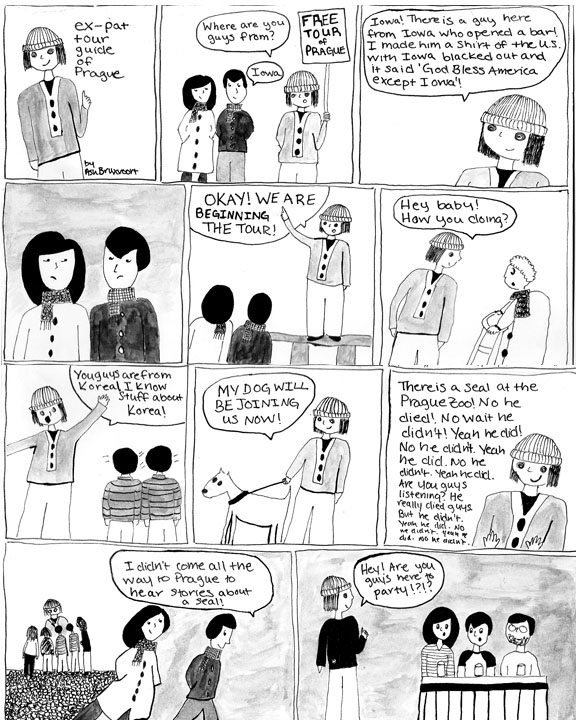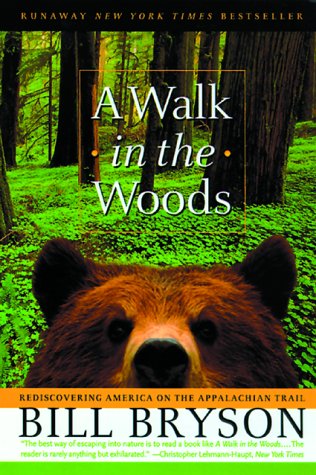Merry Wanderer of the Night:
travel writing
Book Review: A Thread of Sky

EMJF Comic: Ex-pat Tour Guide of Prague

A Walk in the Woods

Awesome Essays: Guy Walks into a Bar Car

Tales of a Female Nomad

The Clumsiest People In Europe
Do Travel Writers Go to Hell?

The Moon, Come to Earth

Trieste and the Meaning of Nowhere
